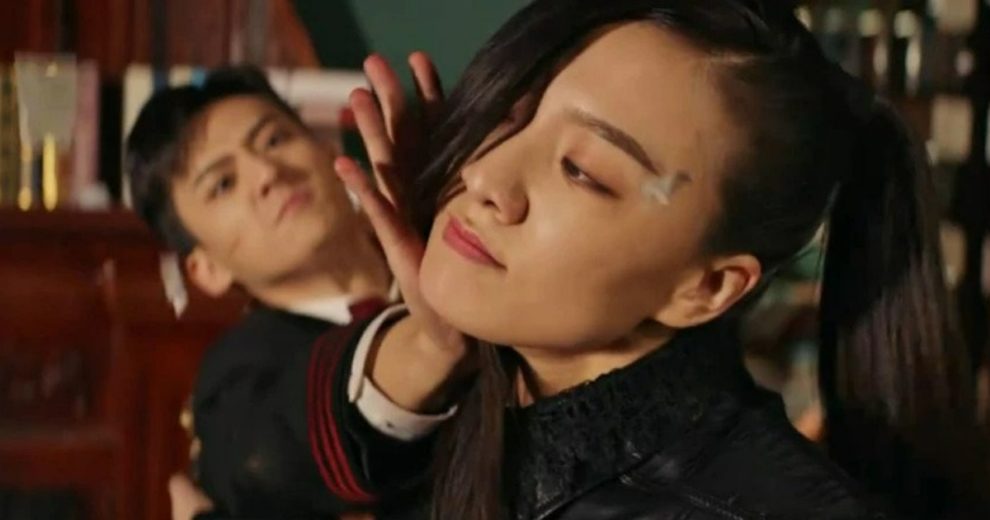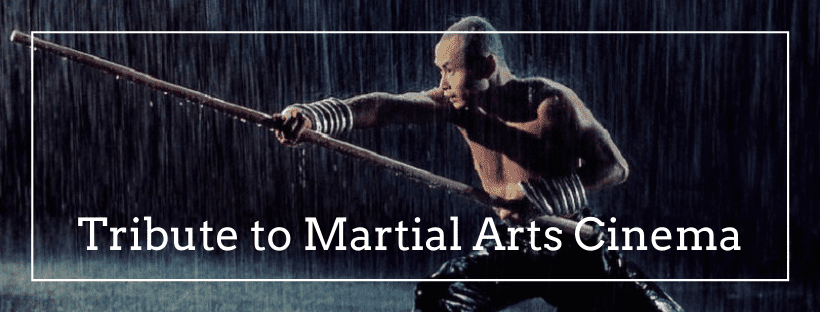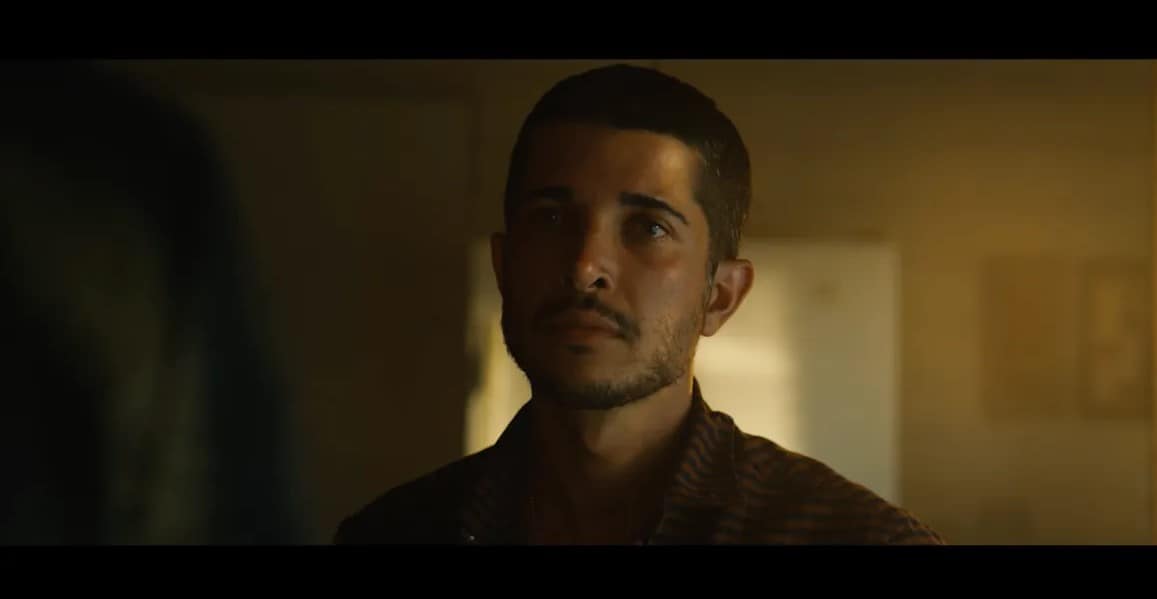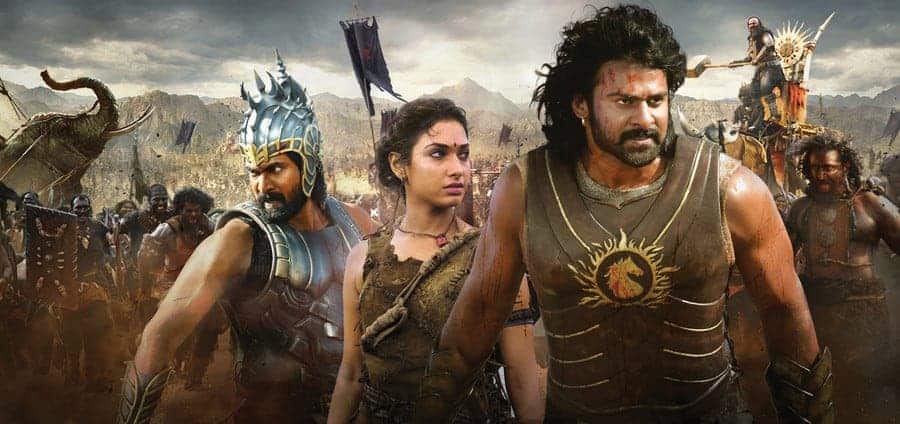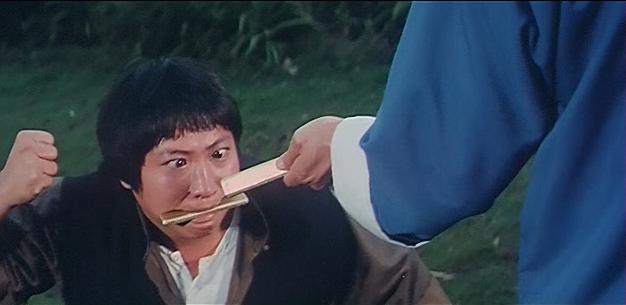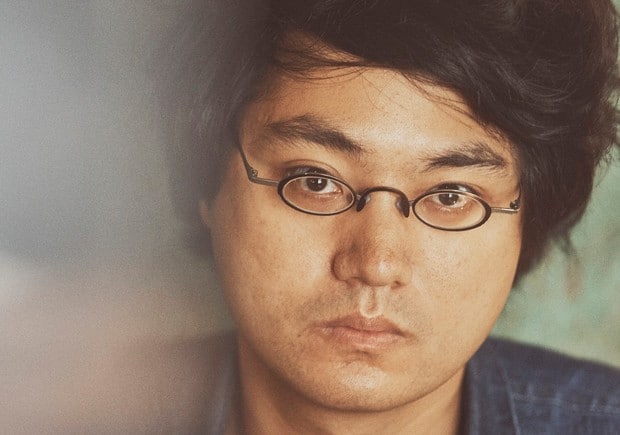Considering that the previous 9 movies about the 30+ teacher of Bruce Lee included events for three lives at least, a turn towards the past was “necessary” in order for the franchise to continue producing unnecessary sequels. And just like Indiana Jones and Superman before him, the solution was to start focusing on a younger Ip Man, in this case in his years as student, also in an effort to draw in younger audiences. The result is not exactly ideal, but at least it is better than “Four Kings”.
Young Ip Man is pursuing his studies in Hong Kong in 1917, while there is also a girl, Ya Yun, who seems to like him, even if her aristocratic father is not exactly cordial to him. As the story begins, Ip Man is very happy to see one of his old friends and co-student of Wing Chun, Brother Hu, appear in Hong Kong. A bit later, however, a murderous criminal, Brother Long, manages to escape from prison with the help of his gang members, and soon proceed on storming Ip Man's college, taking the students hostages, and killing one every minute. The protagonist immediately steps up, but soon realizes that Hu is also involved while Long is not exactly a stranger to him.

Despite the fact that, once more, the story is full of plot holes, and even more so, the ending is annoyingly melodramatic, the movie as a whole makes some sense, as Li Liming took full advantage of the school setting, in order to present a martial arts film that also includes intense thriller elements. As such, the many plot twists, which focus on the corruption of the authorities, and the whole hostage situation work quite well here, inducing the narrative with an appealing sense of agony. Furthermore, the fact that Ip Man is young and not the untouchable in all levels individual he was in the previous installments, works nicely, with him being more vulnerable, also because he ends up facing foes he considered something completely different.
As such, Zhao Wenhao is quite good in the role, highlighting both his resolve and his youthful naivete, while Mu Fengbin's performance as the main villain is also a tick in the pros column with his evident charisma, although the finale somewhat tones down his performance.
Furthermore, the school setting is implemented nicely in the action scenes, with the ones including knives and the many one on ones being quite good in their presentation, also benefiting from the fact that the action is quite frantic. Apart from the choreographies, the film also benefits from the cinematography, which also takes full advantage of the claustrophobic setting, in order to present a series of memorable images. In general, the production values are on a relatively high level, particularly for a straight-to-VOD release (iQiyi), while the 70 minutes of duration are definitely a tick in the pros column.
So, what is the problem one would say? The problem is that the franchise has extended its welcome by at least 4 movies, that Zhao Wenhao is no Donnie Yen, Li Liming no Wilson Yip, and the action choreography is nowhere close to the level of what Sammo Hung or Yuen Woo-ping presented in the initial films. Ergo, “Crisis Time” may have some value as an entertaining watch, but the fact remains, that even if it was not ever shot, no one would care in particular.


